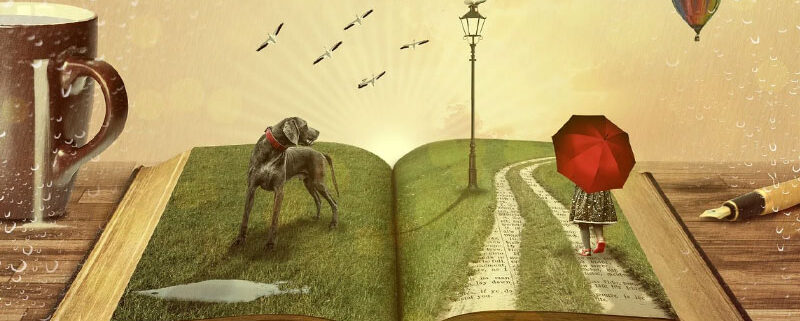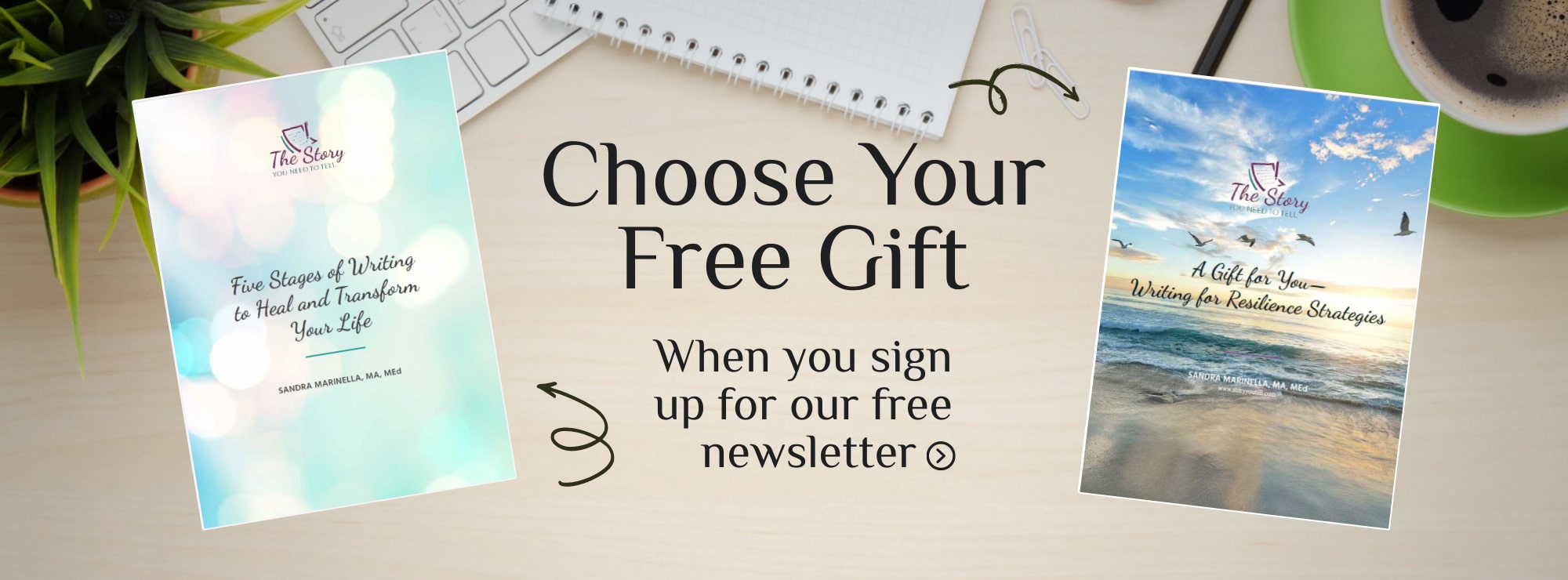A Bookcation!
Madeleine L ’Engle said, “You have to write the book that wants to be written. And if the book will be too difficult for grown-ups, then you write it for children.” She is right. Books for children carry untold nuggets of wisdom. Certainly, my third-grade teacher knew this. Mrs. Vawter read to us every day after lunch. Her gift: she impersonated book characters. She was George Washington shouting orders to the troops when we read his biography. She was Jody Baxter with a backwoods accent when she read The Yearling, a heartbreaking tale of a boy shooting his own pet. In that classroom I often hid behind the book bins after school to read. It is there I learned to love books.
Bump forward a few decades. There is a pandemic. Initially my granddaughter Macy and I loved the novelty of staying home and doing lessons together in a Zoom room, but when we had to cancel a beach trip and the dog days of summer slapped us with three-digit heat, Macy’s enthusiasm waned. Her sapphire eyes lacked their shine. Her voice lingered sadly on words and lacked her trademark joy. Together we decided to go on our own journey. Through books. As Dr. Seuss said, “Oh the places you’ll go!” Even amid a pandemic.
And so began our reading trek down to Mexico where at age twelve Esperanza (Esperanza Rising) lived a fairy-tale existence on a sprawling ranch. As her family’s laborers harvested the grapes for market, Esperanza and her family prepared for the annual fiesta and her thirteenth birthday. But there would be no celebration. A sudden tragedy shatters her perfect world, and Mama and Esperanza are forced to flee to a migrant work camp in California where the Great Depression complicates their lives. Mama falls ill, and Esperanza undertakes hard labor to keep them fed.
Next our reading journey led us from the Great Depression to the deserts of Sudan where we trekked with the teenage Salva (The Long Walk) across his war-torn country in search of the family he had lost. From the rebellion in Sudan, we journeyed to Saigon (Inside Out and Back Again). A young poet Ha wrote poems to share the beauty of her life with friends and her beloved papaya tree before the Vietnam War drove Ha and her family to flee aboard a crowded ship headed toward hope. Headed to America—a country that baffled Ha with its strange food and confusing, mixed messages for immigrants. We read more poems that captured the anguish of a similar prejudice. Poet Jacueline Woodson taught us what it was like to be a brown girl struggling to find her place as she grew up in the South (Brown Girl Dreaming). Along with the stray dog she adopted, Opal (Because of Winn Dixie) taught us how to befriend those in need and how to thread together a truly disconnected little town. “Opal is a hero,” Macy explained to me.
By early August we had read ten books. We celebrated with cake. These books wrapped our brains around endless lessons. We had learned that war is all too common on our planet. That events like a depression or a pandemic have been recurring throughout our history. We learned that all of us must go on our own hero journey—and that there will be losses, pain, and growth.
One of the most memorable moments came from a silverback gorilla, Ivan (The One and Only Ivan). Witty Ivan made us laugh at the follies of humans. Using all his resources, Ivan saved a baby elephant from being whipped into submission in a show and hatched a plan to get her safely to a zoo. Ivan was brave, kind, patient, funny—and we grew to love him. One afternoon as we read, cheering for his success, I saw Macy eyes shining brightly on the Zoom screen and then I heard it–Macy’s hiccup laced laughter had returned.
Long after the pandemic, long after Macy is grown, I will still revel in this experience—and how it brought back the wisdom and joy that can come of reading.




